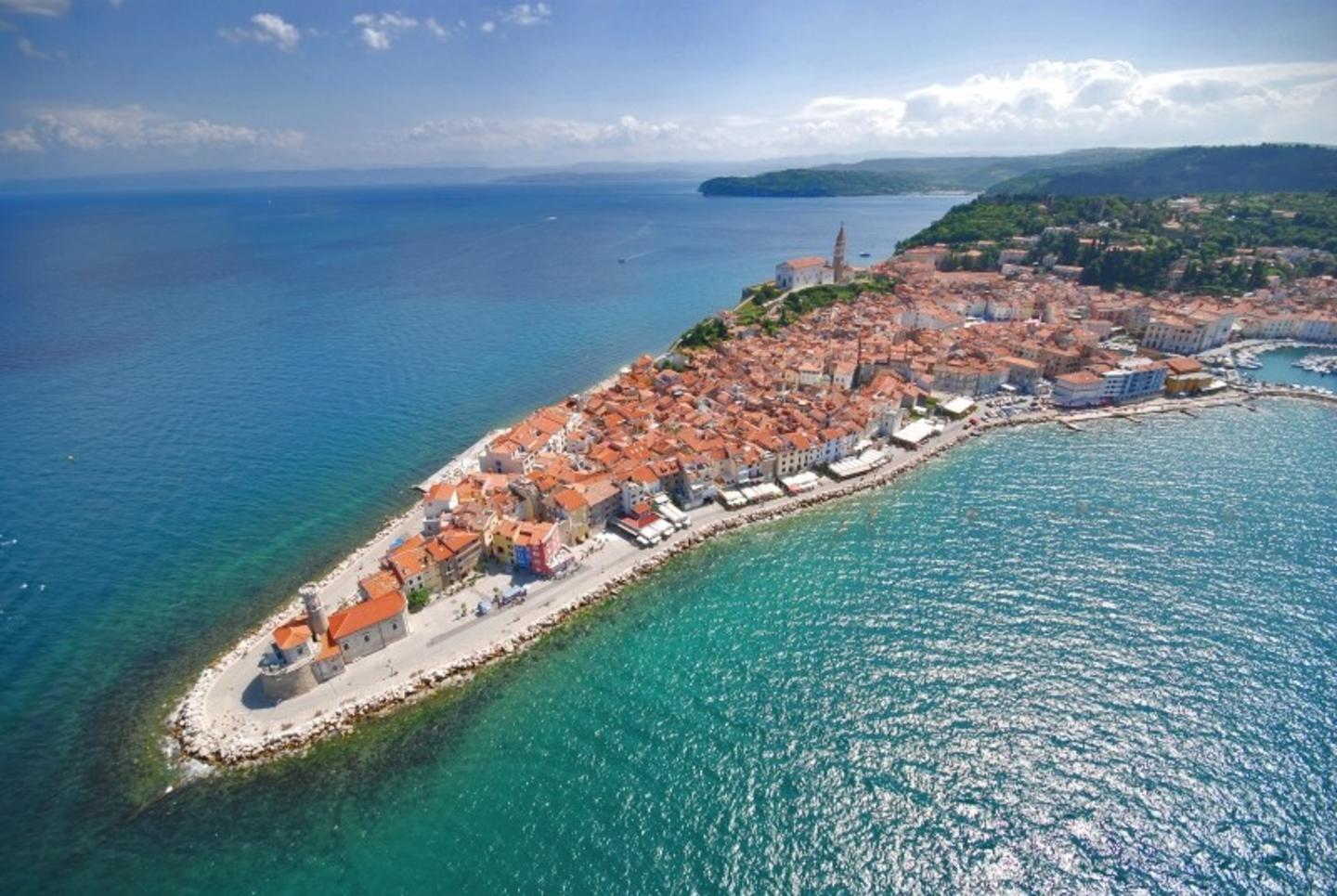Support to civil society is one of the key priorities of the EEA and Norway Grants, with NGO programmes established in all 15 beneficiary countries. The programme aims to support the organisational development of non-governmental organisations (NGOs) and address concrete problems within the society, such as poverty, youth unemployment, and strengthen participatory democracy.
Strengthening civil society
In Slovenia, through activities promoting active citizenship and advocacy, the programme fosters dialogue between the government and the civil society, promotes partnership- and coalition-building among NGOs and provides opportunities for civil society to influence policy-making.
Under the EEA and Norway Grants 2009-2014, €1.875 million is provided to supporting Slovenia’s civil society. This call will distribute €1.275 million to selected projects.
The application process is divided into two stages: in the first stage, submitted concept notes will be evaluated and applicants with the highest scores will be invited to the second phase. The deadline for submission of concept notes is 6 September 2013.
You can find out more about how to apply or become a project partner here.
Support to key areas
The call will distribute funding to projects developed in six fields:
- Democracy, tackling issues such as good governance and transparency, participatory democracy, anti-corruption and the rule of law;
- Human rights, addressing in particular the rights and empowerment of minorities and marginalised groups, such as Lesbians, Gays, Bisexuals and Transsexuals (LGBT), Roma and migrants, in addition to promoting anti-discrimination and gender equality;
- Social equality, addressing poverty, social inclusion and activation of marginalised groups;
- Children and youth, tackling issues such as youth unemployment, informal education, and prevention of youth crime to support children and youth in realising their potential;
- Environmental protection, supporting biodiversity, climate change mitigation, renewable energy sources, efficient use of energy, sustainable mobility and local food production;
- Welfare provision and social rights, promoting social innovation through the development of new services and broadening of existing services.
Funds for bilateral partnerships
To support establishing partnerships between partner organisations from beneficiary and donor states, a special fund for networking, exchange and transfer of knowledge is available to selected project promoters. The fund provides an opportunity to apply for additional funding which can be used for liaising with donor state entities and participating in seminars or conferences in the donor states.
